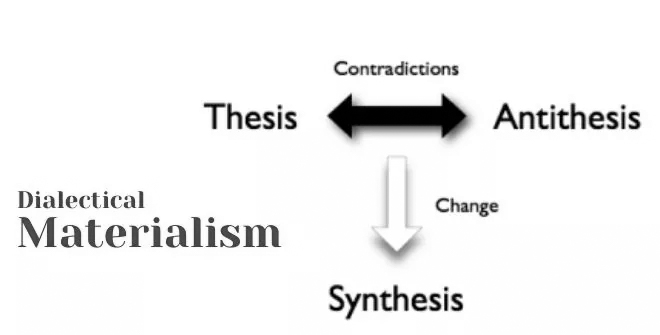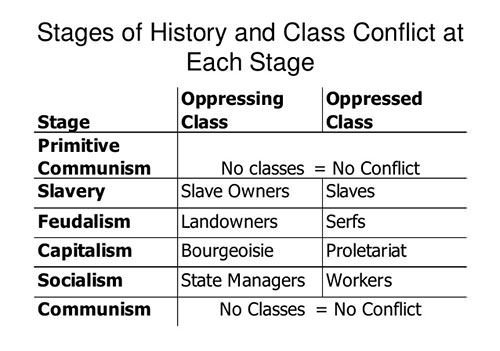- Home
- Prelims
- Mains
- Current Affairs
- Study Materials
- Test Series
Critically examine the dialectics involved in each mode of production as propounded by Karl Marx. (UPSC CSE Mains 2021 - Sociology, Paper 1)
Dialectical materialism is the scientific methodology developed by Marx and Engels for the interpretation of history. Here, Marx has borrowed heavily from his predecessors, particularly, the Geman philosopher Hegel. Dialectics is a very old methodology, employed to discover truth by exposing contradictions, through a clash of opposite ideas. Hegel refined it by developing the trilogy of thesis, anti-thesis and synthesis. It is popularly known as the Dialectical Triad. Progress or growth takes place through the dialectical process. At every stage of growth, it is characterised by contradictions. These contradictions induce further changes, progress, and development. The thesis is challenged by its anti-thesis. Both contain elements of truth and falsehood. Truth is permanent, but falsehood is transitory. In the ensuing conflict of the thesis and the anti-thesis, the truth remains, but the false elements are destroyed. These false elements constitute contradictions. The true elements of both the thesis and the anti-thesis are fused together in a synthesis. This evolved synthesis during the course of time becomes a thesis and so, it is again challenged by its opposite anti-thesis, which again results in a synthesis. This process of thesis, antithesis, and synthesis continues until the stage of perfection is reached. In this evolutionary process, a stage will come, when there will be no false elements. These will be destroyed at different stages of evolution. Ultimately, only the truth remains, because it is never destroyed. It will constitute the perfect stage and there will be no contradictions and so, there will be no further growth. The dialectical process will come to an end after arriving at the perfect truth. It is the contradictions, which move the dialectical process and a complete elimination of contradictions marks the end of the dialectical process itself.

According to Marx, the material or the economic forces are in the substructure and the idea is a part of the superstructure. Idea is the reflection of material forces. The economic forces determine the idea and not viceversa.
Historical materialism is a dialectical theory of human progress. It regards history as the development of human beings’ efforts to master the forces of nature and, hence, of production. Since all production is carried out within social organisation, history is the succession of changes in social system, the development of human relations geared to productive activity (mode of production) in which the economic system forms the base and all other relationships, institutions, activities, and idea systems are “superstructural”.
History is progress because human beings’ ability to produce their “forces of production” continually increases. It is regression because in perfecting the forces of production they create more and more complex and oppressive social organisation.










 Latest News
Latest News
 General Studies
General Studies